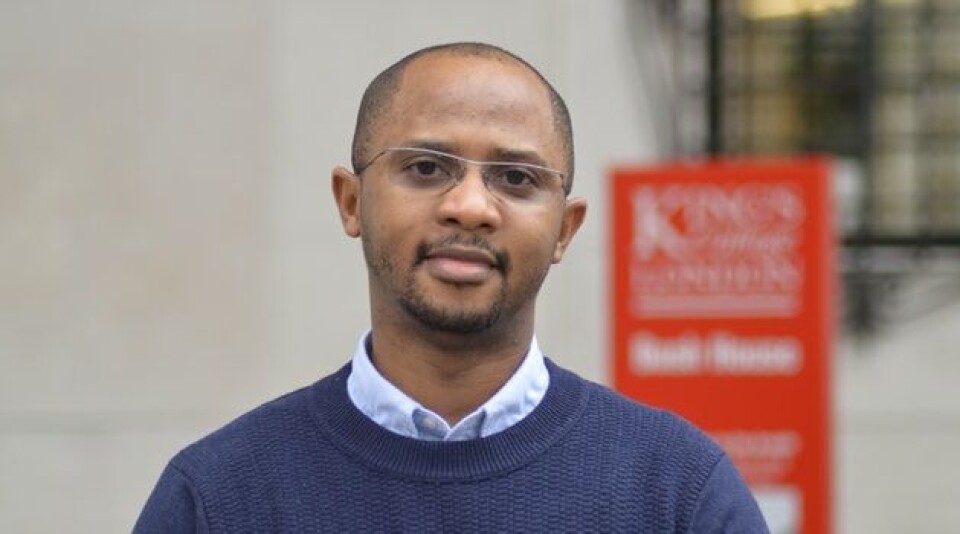Togolani Mavura is convinced that the future of Africa would be lot brighter if presidents went to bed at night thinking deeply about the future of their nations’ children.
“Half of the people of Africa are children. In my home nation of Tanzania, 46% of the population is under the age of 14,” says the Private Secretary to former President Jakaya Kikwete.
Currently on study leave to complete his Masters degree in Leadership and Development at King’s College in London, he is a firm believer in the saying: ‘When we change the way we look at things, then the things we look at (also) change’.
Mavura, who is also member of the new Africa Advisory Board of the century-old Save The Children charity, lays the responsibility squarely on the current generation for the multitude of challenges facing the continent’s burgeoning youth.
“The problems we have today are the results of acts of commission or omission of the children of yesterday.”
Mavura has spent almost a decade as a civil servant in Tanzania, serving as Private Secretary to the Minister of Foreign Affairs and Speechwriter to the 4th President of Tanzania HE Jakaya Kikwete.
In this position he has had close contact with several senior political leaders and gained a deeper appreciation of the level of pressure they face.
“From my observations, I have learned that leadership can be a very lonely, stressful and draining job. Often these are not happy people – especially if you take the concerns of your people to heart.
“They hardly sleep and it can be a thankless job. They are humans just like everyone else - but they are dealing with multiple, contesting needs. It is assumed that there is a choice between right and wrong, but often they have to walk a line between choosing between something bad and something even worse.”
Nevertheless, as leaders entrusted with taxes and authority over citizens, they had a duty to act with courage and to navigate change and crisis with boldness and vigour.
And, because they have power to make things happen, leaders had a unique opportunity to transform generations and to involve young people more closely in decisions that shape their future.
Mavura believes that recent street protests by younger citizens across Africa empowered by information and social media have shaken several governments and that this trend will compel 21st century leaders to become more responsive to the demands of young people.
“I grew up as a very happy and privileged child. I was born in a hospital with access to proper medical care. I grew up with both my mum and dad. I never went hungry. I had shoes on my feet when I went to school. I was not born in a war zone, so I was able to play and enjoy a normal childhood and receive a proper education – and at a minimum that is what I wish every child should have.
“That is why I did not hesitate when I was invited to join the board of the only organisation in the world which is dedicated first and foremost to the welfare of children - and to be a voice for the vulnerable and helpless in areas of conflict.”
Sadly, he notes, too many children in Africa still don’t receive the vital nutrition they require during the “golden age” between conception and the age of two when their brains are developing – permanently stunting their ability to contribute fully to the development of their communities.
Because Africa also has such a large percentage of children compared to adults and the elderly, the resources needed for quality education are overwhelming. Many governments could not afford to educate children properly – despite allocating 15-20% of national budgets to education.
“The world has to come together,” says Mavura, “We need support to tackle these many challenges.”

